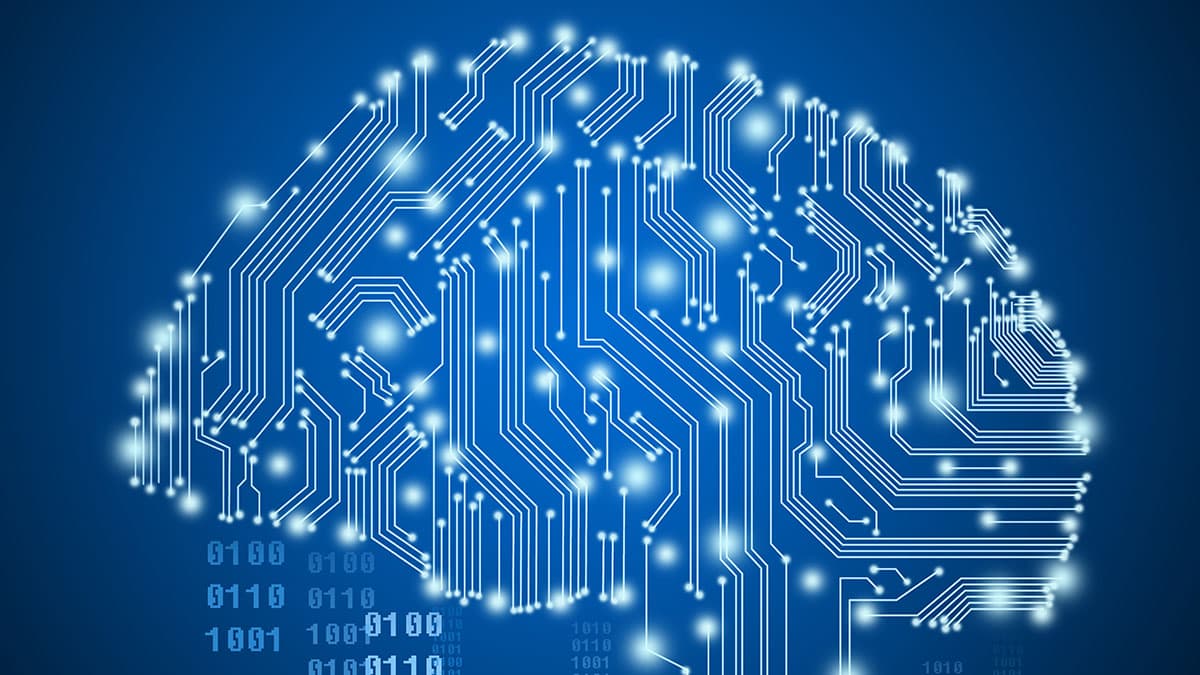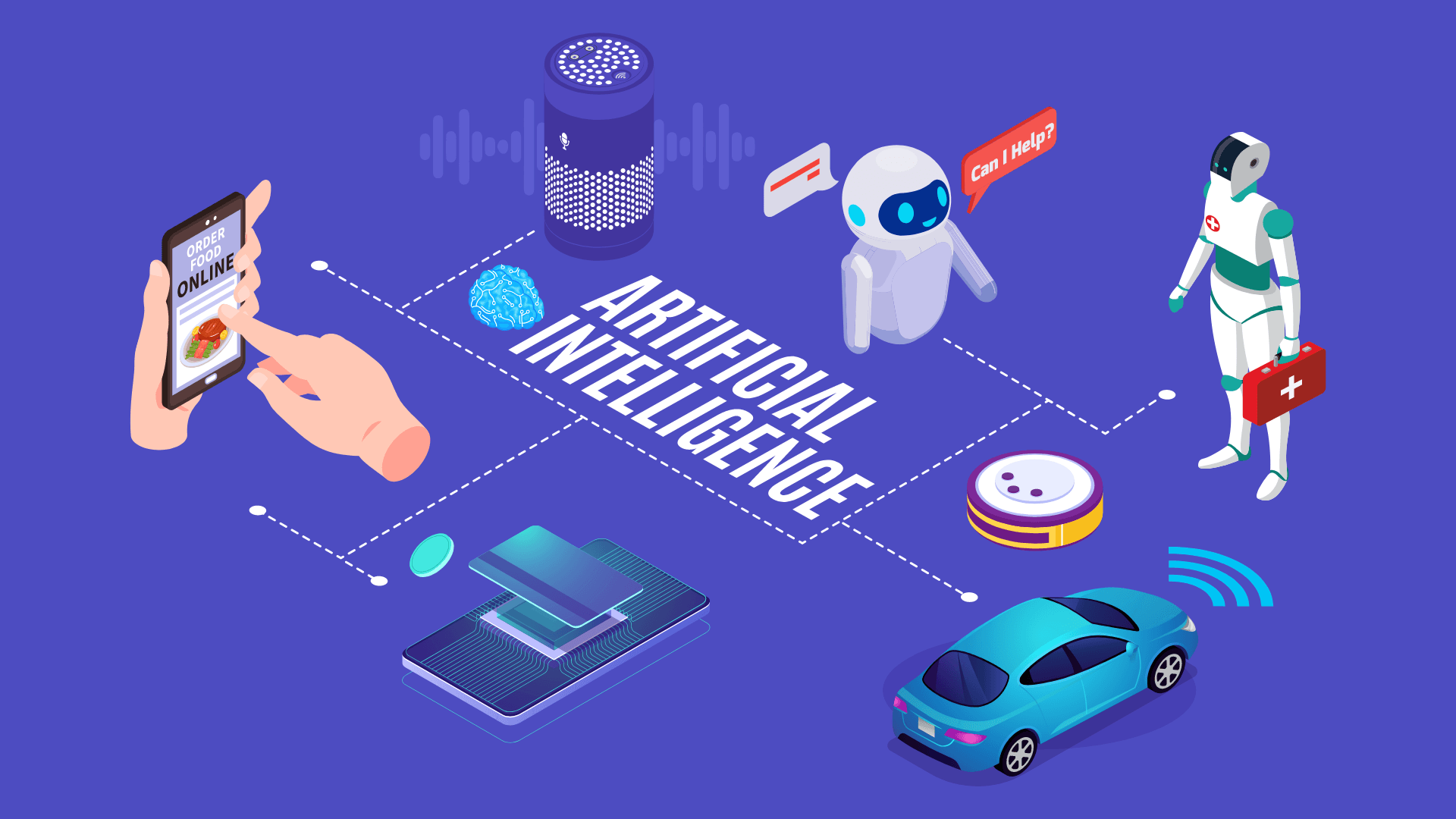The Future of Work: AI and Automation Transforming Industries
Introduction
Artificial Intelligence and automation are fundamentally reshaping the professional landscape, introducing unprecedented changes in how we work, collaborate, and define professional success. This technological revolution goes beyond simple automation, representing a profound transformation of workplace dynamics and human potential.
Technological Employment Landscape
Emerging Technological Paradigms
The intersection of human creativity and artificial intelligence is creating a new employment ecosystem characterized by unprecedented flexibility, innovation, and adaptive capabilities:
- Emergence of entirely new job categories
- Continuous skills redefinition and learning
- Collaborative human-AI work environments
- Dynamic and adaptive professional roles
Industry-Specific Innovations
Manufacturing Transformation
AI and automation are revolutionizing industrial productivity:
- Predictive maintenance reducing equipment downtime
- Robotic process integration enhancing precision
- Advanced quality control through intelligent systems
- Real-time performance optimization
Healthcare Revolution
Medical professionals are leveraging AI for unprecedented capabilities:
- Advanced diagnostic assistance systems
- Precision medical technologies
- Personalized treatment plan development
- Accelerated medical research processes
Financial Technology Transformation
The financial sector experiences radical technological disruption:
- Algorithmic trading with microsecond decision-making
- Sophisticated fraud detection mechanisms
- Personalized financial advisory services
- Complex risk assessment and prediction models
Essential Skills for the AI Era
Professional Competency Redefinition
Success in the AI-driven workplace requires a new set of holistic capabilities:
- Advanced critical thinking and complex problem-solving
- Emotional intelligence and interpersonal skills
- Technological adaptability and continuous learning
- Creative innovation and interdisciplinary thinking
Workforce Development Strategies
Reskilling and Adaptation
- Comprehensive online learning platforms
- Corporate training and development programs
- Interdisciplinary educational approaches
- Continuous skill update mechanisms
Ethical Considerations
Responsible Technological Implementation
- Fair employment practices
- Human-centric technological design
- Transparent AI integration processes
- Social impact assessment frameworks
Future Predictions
Emerging Workplace Trends
- Increased remote and distributed collaboration
- Hybrid human-AI team structures
- Personalized and adaptive work environments
- Flexible organizational structures
Conclusion
The integration of AI and automation represents a profound workplace evolution, demanding unprecedented flexibility, continuous learning, and innovative thinking from professionals across all sectors.
Key Insights
- Technology fundamentally reshapes employment models
- Adaptability becomes a critical professional skill
- Lifelong learning is essential for career sustainability
- Human creativity remains irreplaceable



